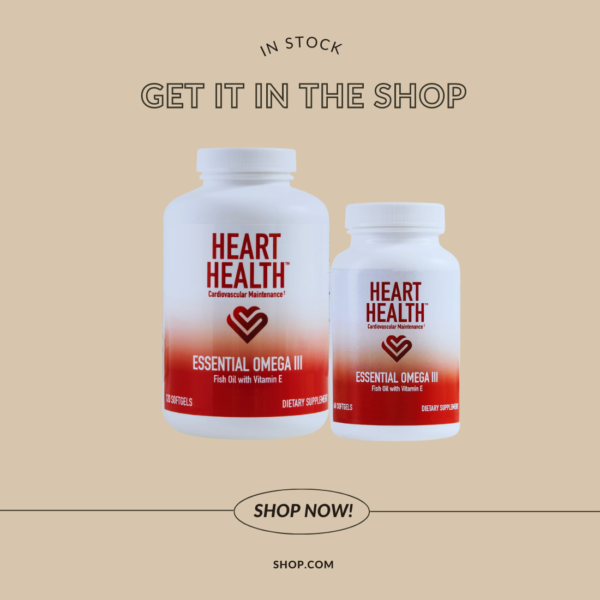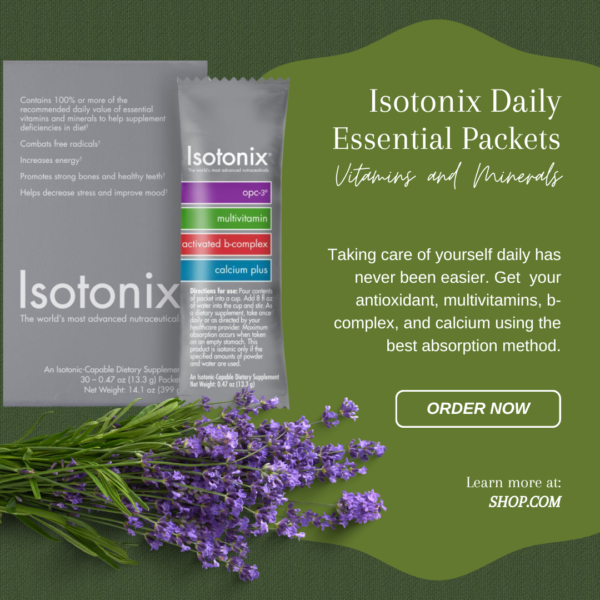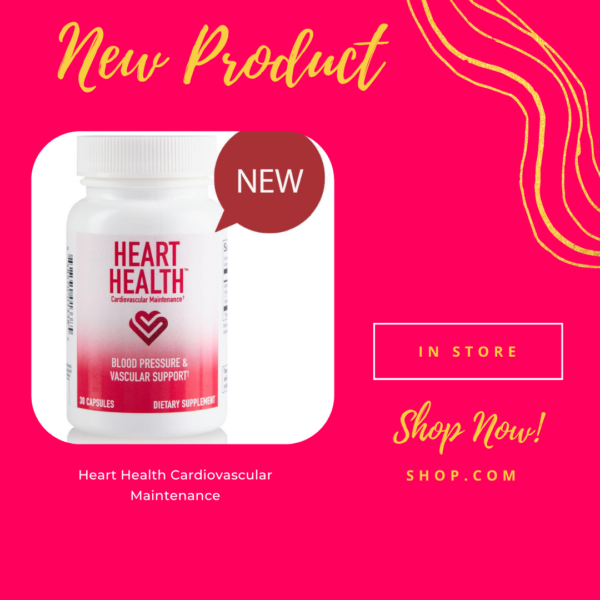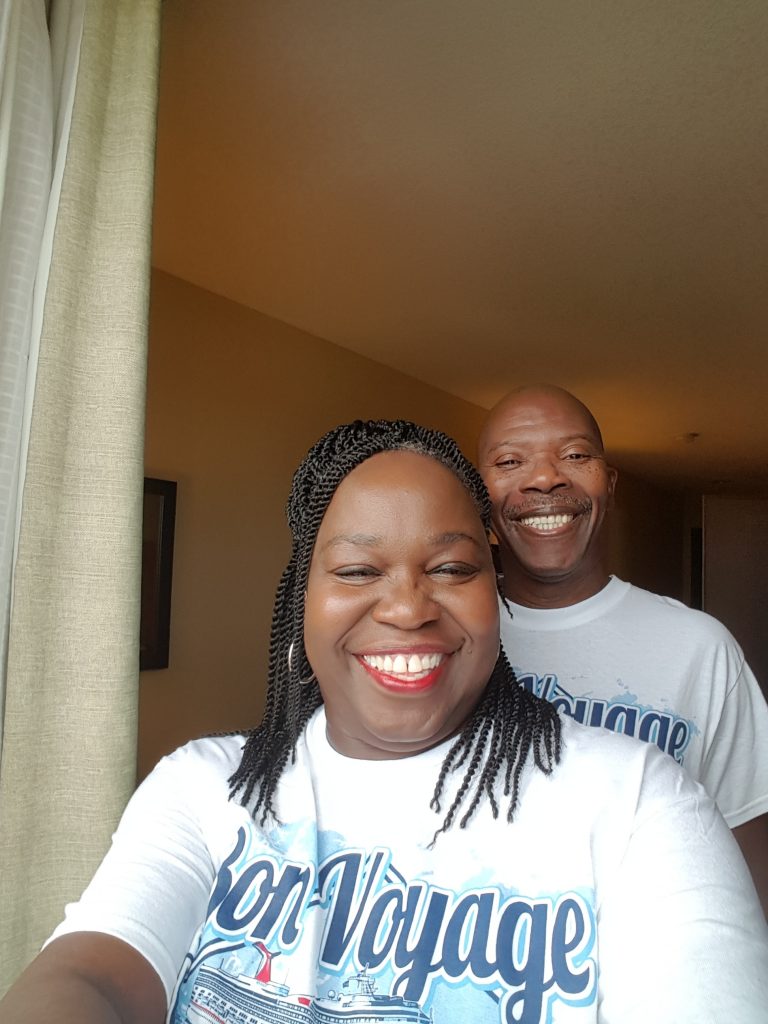Vitamin D plays an important health role for people of color. The Pandemic of 2020 made that very clear. In 2020, a virus caught us completely off guard. The warning signs had been there for years. Our attitudes and views on health were lackadaisical. Obesity, diabetes, and heart disease rates climbed steadily while we enjoyed reality TV, fast food, and buffets. The effects of COVID-19 ripped through our community and took advantage of unhealthy habits.
The realities of COVID-19 revealed that vitamin D deficiency is a severe threat to our survival. We have to be ready for the next virus that challenges our body’s immune system. Finding good ways to keep vitamin D rates sufficient should include conversing with your doctor about supplements.
We can’t make vitamin D, but our body needs it! This blog post explains everything we need to know about vitamin D and why it is necessary to have a sufficient amount.
What Is Vitamin D?
Vitamin D is a fat-soluble vitamin that plays a crucial role in the body’s ability to absorb minerals and other vitamins. There are several benefits:
- Promotes calcium absorption in the gut for stronger bones
- Provides energy to your immune system
- Reduces joint and muscle inflammation
- It helps your body regulate insulin
- Supports mental alertness and good brain health
Studies have also shown that vitamin D can reduce cancer cell growth, help reduce inflammation, and control infections.
Two types of vitamin D, D2 obtained from plants and animals, and D3 which comes from the sun.
Salmon, mackerel, trout, and fish liver oils are the best sources of vitamin D2. Mushrooms, almonds, eggs, and that whole milk we all drank as kids have an adequate amount of the recommended daily allowance (RDA).
Exposure to the sun is how to get vitamin D3. How much sunlight you get and absorb determines the amount of vitamin D3 in your body. Most people don’t get enough sunshine to make adequate amounts of vitamin D, so they need to take a daily vitamin D supplement.
Vitamin D Deficiency Symptoms
Vitamin D deficiency is common these days, as people begin to show signs of aging. The reason for this is that we have been living in a world that constantly demands our attention. Consequently, the body has become overstimulated with demands for energy and information. This results in numerous changes that deplete our bodies of vital nutrients and minerals.
Vitamin D deficiency causes risks for health problems like high blood pressure, heart disease, and blood clots. Studies also show links to colon, breast, prostate, and ovarian cancer from vitamin D deficiency.
Moreover, the COVID-19 virus revealed that vitamin D deficiency is detrimental to our health and life.
Findings show an association between low average levels of vitamin D and high numbers of COVID-19 mortality rates. In places where the consumptions of vitamin D are higher, the number of COVID-19 cases and mortality rates are lower.
Findings from the research by Dr. Lee Smith and Mr. Petre Cristian Ilie are in the journal, Aging Clinical and Experimental Research.
“Vitamin D has been shown to protect against acute respiratory infections, and older adults, the group most deficient in vitamin D, are also the ones most seriously affected by COVID-19.”
Dr. Lee Smith, of Anglia Ruskin University.
The group most seriously affected by COVID-19 is also most deficient in vitamin D. People that fell into this group were 14 times more likely to get severe or critical reactions to COVID-19.
Moreover, the mortality rate for people with vitamin D deficiency was 25.6% higher compares to 2.3% for people with vitamin D sufficiency.
A Commonwealth Fund analysis confirmed that COVID-19 cases and deaths were higher in communities that have a large Black population.
How to Get More Vitamin D
More exposure to sunlight yields a more significant opportunity for the body to create Vitamin D3. Penetration of the sun for dark skin tones is not as high as for lighter skin tones. Depending on where we live and during winter, sun exposure is extremely challenging. This results in lower vitamin D levels and a higher risk for vitamin D deficiency.
While the amount we need to consume is under debate, the most important thing we can do to get more vitamin D in our life is to get more sun exposure. The amount of vitamin D we need in our life will vary depending on our age, weight, and skin color. For most people, an amount of sun exposure of at least 30 minutes each day is sufficient; darker skin tones require more sun exposure.
Eating foods enriched with vitamin D is another way to get more vitamin D. Instead of burgers and fries, choose to eat fish like salmon or trout more often. Don’t forget that mushrooms, eggs, and oranges are good sources of vitamin D2.
For a quick fix, a tablespoon of Cod Liver Oil will give you 1360 International Units (IUs). That’s over two times the recommended daily allowance for people between ages 14 and 70.
For those unable to get outside for long periods or if better food choices are not desirable, a supplement is an alternative solution.
Vitamin D and Protective Immunity
Vitamin D sufficiency for us is not about strong bones. In fact, for Americans of African descent, the rate of vitamin D deficiency is higher than for other Americans. Yet, we have lower rates of osteoporotic fractures. Studies on this anomaly could not find that vitamin D levels, whether sufficient or insufficient, had any effect on the risk of brittle bones, fractured bones from falling, or bone health for African-Americans.
What are we missing? Vitamin D positively affects protective immunity because of its effect on our immune system. Vitamin D energizes our immune system and reduces inflammation in joints and muscles.
Indeed, we need vitamin D to strengthen our immune system. Vitamin D for people of color is essential for wellness.
The COVID-19 virus wreaks havoc by causing an excess of pro-inflammatory cytokines, also known as a cytokine storm. Afterward, Vitamin D swoops in heroically and modulates the response of white blood cells, preventing them from releasing too many inflammatory cytokines.
The article, Vitamin D and the Immune System, published in PubMed Central by Dr. Cynthia Aranow summarizes recent studies on Vitamin D.
“Some of the more recently recognized non-classical actions of vitamin D include effects upon cell proliferation and differentiation as well as immunologic effects resulting in an ability to maintain tolerance and to promote protective immunity.”
Dr. Cynthia Aranow, Feinstein Institute for Medical Research, Manhasset, N.Y.
Access to vitamin D through consuming vitamin D-enriched foods and exposure to the sun is necessary to strengthen our immunity to fight diseases.
Conclusion
Is Covid-19 a giant we can’t slay? Vitamin D is a promising contender if you are looking for a way to stop COVID-19 in its tracks. Recent studies have found that people who have high levels of Vitamin D proficiency faired much better when attacked by Covid-19. Those findings put vitamin D at the forefront to combat the virus. Proving that Vitamin D for people of color is beneficial and maybe even crucial to maintaining a healthy lifestyle.
The Covid-19 virus that ripped through the melanin community was devastating. To be ready for the next health threat, maintaining adequate vitamin D levels is important now more than ever before.



















